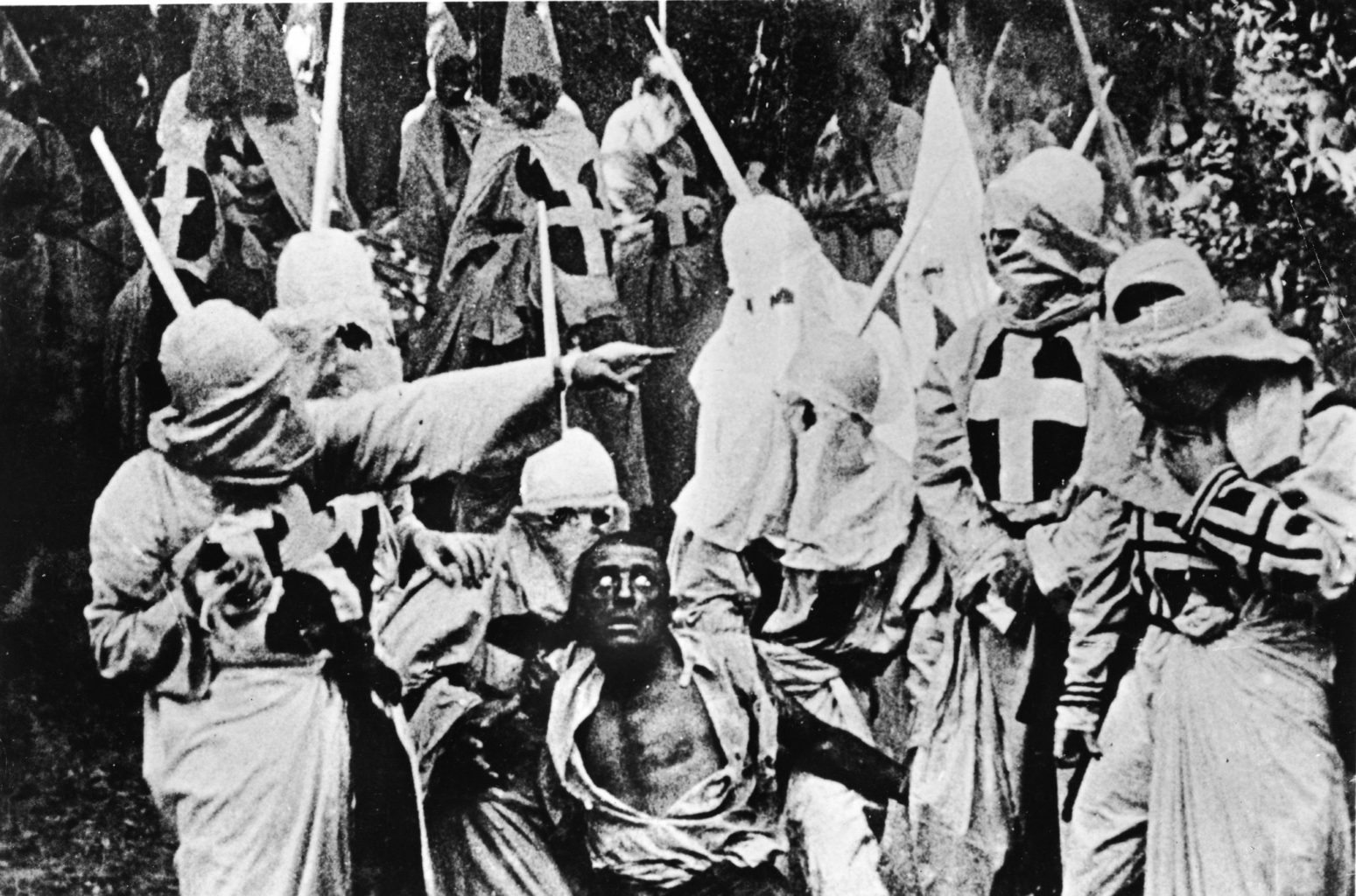Should films portraying racism be banned?
Although we live in a more enlightened time, it is impossible to deny that there is a lot of racism (both implicit and explicit) in the cinema of days past. Would it therefore be correct to ban films if they contained racism out of respect for black audiences today? My response to that is no.
Who would decide what is right and what is wrong? If a film used a racially charged word, should it banned? Look at something like Dumbo – the talking crows are clearly based on negative black stereotypes. Or how about Gone with the Wind – the only black roles in that are as servants, a stereotypical role, so should we ban that too? It wasn’t really until the 1950s when black people were given roles that were anything more than black stereotypes – there is an implicit racism in any film that has a black actor as a maid or a servant.
Blocking out aspects of a struggle serves only to undermine that very struggle – one of the value of films is that they reflect our society, and the fact remains that institutionalised racism was a part of life.
Frankly, I think that it is highly wrong to attempt to censor history – applying standards of the modern day to decide what should be permissible sixty years ago, say, is ludicrous. Blocking out aspects of a struggle serves only to undermine that very struggle – one of the value of films is that they reflect our society, and the fact remains that institutionalised racism was a part of life.
Part of the value of things like this is that people are shocked by them – people look at old cartoons, say, and are appalled by the way black people are characterised. That reaction is worth far more than preventing them from ever being seen. Demonstrating that there was racial injustice, and the scale of it, is a great way to incentivise people to fight for a fairer future, and there is far more value in that than there is in banning them.
Reece Goodall
Response to this article that was published in Issue #2:
As a foreword I’d like to mention that I was amused that a white male writer was selected to write about censorship of racism in a ‘Black History Month Special’ issue.
On reflection, there is a large majority of the last issue’s piece on “Should old films be banned for racism” which I agree with.
“Blocking out aspects of a struggle serves only to undermine that very struggle – one of the values of films is that they reflect our society, and the fact remains that institutionalised racism was a well-reflected part of life.”
Unequivocally, I agree: closing our eyes to the struggles of the past not only silences years of pain and suffering endured by the oppressed, but leaves us blind to the ubiquitous struggles that still exist in our present society. Institutionalised racism is still a part of our lives. To deny that, is at the extreme least, is insensitive.
However, it would seem that there is an aspect of blindness and insensitivity purveyed elsewhere also.
Not enough words were spent in this piece considering the point of view of those directly affected.
I implore you not to dismiss the sentiments behind banning dated films because of racist content, as simply political correctness stifling actual progress and preventing widened awareness and incentivisation change.
There is more than this monological perspective to consider.
As a black student, to have to experience the horror what was sitting down to watch The Birth of a Nation in my first year as a part of my degree, and be told that it’s director, D.W. Griffith is almost universally regarded as one of the fathers of film, is gut-wrenching. The revulsion I was confronted with from having to watch 183 minutes of xenophobic propaganda, with scenes of blackface, valorisation of the Klu Klux Klan, demonisation of black people, and ‘tragic mulatto’ figures, was indeed a feeling so strong it has fuelled my aims to interrogate, challenge, and de-mythologise critical works and films which perpetuate racial generalisations and prejudice.
We should not be so quick to overlook the emotional restraint, the strength, and the patience of the people who do not petition for such films to be locked up
In this, I write in agreement with the piece’s assertion that it there is value in seeing shocking things, disagreeing with them, and talking about why. But, not enough words were spent in this piece considering the point of view of those directly affected.
The active decision to not walk out of a film displaying such images is just as big a part of the ‘fight for a fairer future’ than non-censorship, but that does not mean it isn’t one hell of a bitter pill to swallow. We should not be so quick to overlook the emotional restraint, the strength, and the patience of the people who do not petition for such films to be locked up, put in a deep dark hole, and to throw away the key.
Lauren Nwenwu

Comments